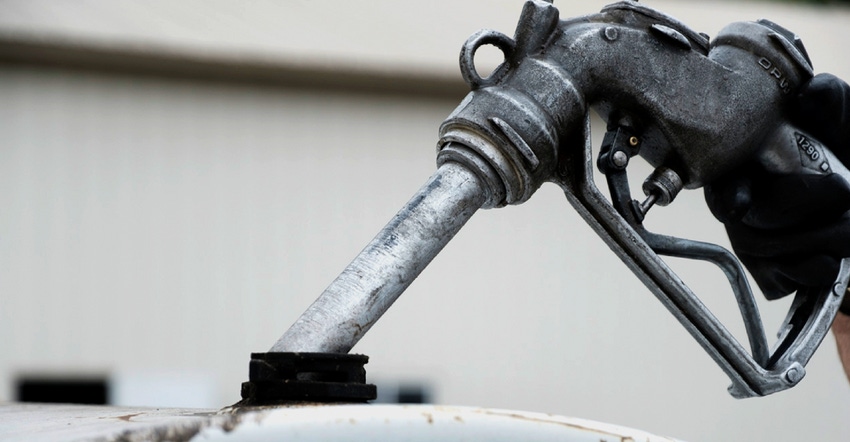January 1, 2018

Sponsored Content
As longtime residents of the North Star State, many soybean farmers barely bat an eye when it comes to winter. Of course, the phrase “It could be worse” is now bandied about in the lexicon of Minnesota. Best to repeat those words as the temperatures begin their spectacular and prolonged dive over the next several months.
More frustrating for soybean farmers than any wintertime blues are the many myths surrounding the use of biodiesel in cold temperatures.
Minnesota is a trailblazer in the production and use of biodiesel, a clean-burning, locally grown fuel that is produced with the oil portion of the soybean, leaving the protein for use by livestock and people. From an economic and environmental standpoint, biodiesel offers the promise of a better future for all Minnesotans.
So, it’s time to break the ice and face the cold truth about biodiesel in wintertime.
Minnesota biodiesel blend in the winter months
The minimum requirement during the cold-weather months (October – March) is only a 5 percent blend of biodiesel (B5) in No. 2 diesel. No. 1 diesel does not have a biodiesel requirement. During the coldest months of winter, No. 1 and No. 2 diesel are often blended in varying percentages to provide operability in these frigid temperatures. This often results in biodiesel blends of only 2 to 3 percent.
Use of low-biodiesel blends in winter won’t cause operability issues
Biodiesel blends of B5 and lower are physically similar, and perform the same as petroleum diesel fuel. Whichever method you use to winterize No. 2 diesel fuel, use the same strategy with biodiesel blends of B5 or lower. Minnesota’s No. 2 diesel fuel has contained 5 percent biodiesel in the winter since 2008.
Biodiesel will NOT void engine warranties
Biodiesel can be used in existing diesel engines and fuel-injection equipment in blends up to 20 percent (B20) in the summer months with little effect on operating performance. Use of biodiesel in and of itself does not void the parts and workmanship warranty of any vehicle or engine manufacturer.
Minnesota’s soybean farmers take great pride in a product that has been tried and tested in the harshest of climates over the past decade. Biodiesel has passed the test with flying colors.
Learn more about the benefits of biodiesel in Minnesot from the Minnesota Soybean Research & Promotion Council website.
About the Author(s)
You May Also Like




